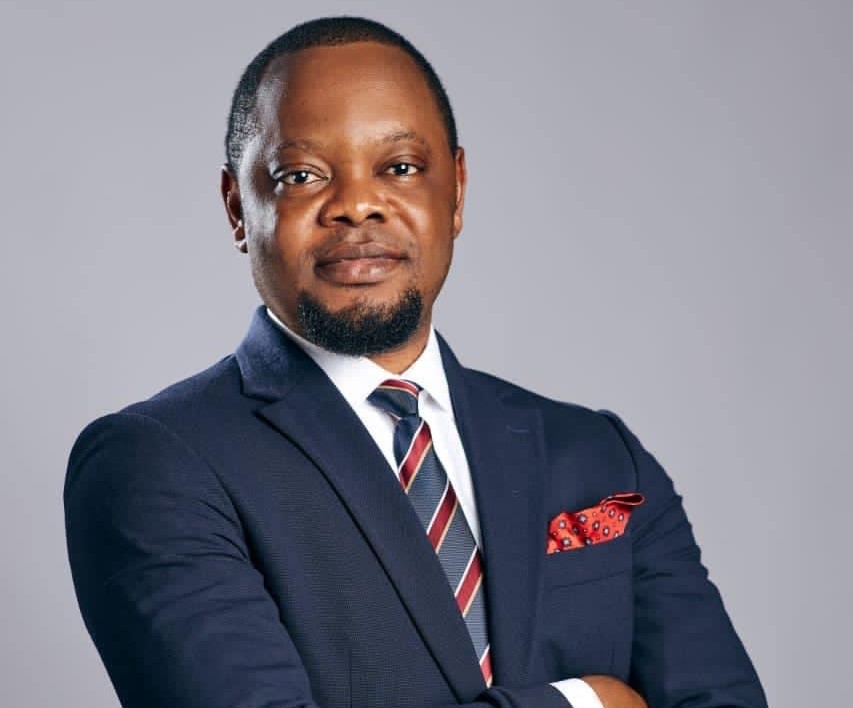In a high-profile legal development, Deputy Attorney General Justice Srem-Sai has responded strongly to the bail decision of former Ghana Infrastructure Investment Fund (GIIF) CEO, Solomon Asamoah, who was granted a GH¢15 million bail with two sureties.
This comes as part of the ongoing investigation into the controversial Accra Sky Train project, a scheme that has raised significant questions regarding financial mismanagement and potential corruption within Ghana’s state infrastructure sector.
Speaking on the matter, Justice Srem-Sai emphasized that while the state was keen on securing the return of any alleged misappropriated funds, there would be no tolerance for individuals who sought to profit from illegal activities. “The first objective is to get the money. If they will voluntarily return it, we’ll take it — but you can’t keep the money, serve jail time, and return to enjoy it,” he stated during a public address. The Deputy AG’s remarks reflect the government’s stance on ensuring that the public purse is safeguarded and that anyone found guilty of financial malfeasance is held accountable for their actions.
The charges against Asamoah, along with those filed against Professor Christopher Ameyaw-Akumfi, the former GIIF Board Chair, are related to the mismanagement and mishandling of funds linked to the Sky Train project. Asamoah and Ameyaw-Akumfi are accused of causing financial loss to the state through improper allocation of resources and failure to follow due process in the execution of the project.
While Asamoah appeared in court and was granted bail, Prof. Ameyaw-Akumfi was notably absent due to undergoing surgery. The court has acknowledged the professor’s medical condition, and his legal team has expressed their intent to appear before the court as soon as he is able to recover.
The bail decision has sparked mixed reactions from the public. Some have voiced concerns that the high bail amount may indicate a leniency that could undermine the gravity of the charges, while others see it as part of the judicial process, ensuring fairness before trial. The state, however, is clear in its objective: to recover funds that were allegedly diverted, and to ensure that those responsible for any financial mismanagement face the full force of the law.
The Accra Sky Train project, which was meant to provide a state-of-the-art urban transport solution for Accra, has instead become a symbol of mismanagement and failed public-private partnerships. The revelations surrounding the alleged corruption have shocked many, particularly given the initial excitement surrounding the project.
Justice Srem-Sai’s remarks highlight the government’s commitment to combating corruption and ensuring accountability, even in the face of high-profile cases. While Asamoah and Ameyaw-Akumfi now await trial, the broader question of how the state can safeguard its infrastructure projects from corruption remains a key topic of debate. The public will be watching closely as the case unfolds, and whether the funds in question are ultimately returned to the state.
The bail conditions set for Asamoah serve as a reminder that the legal process is ongoing, and that all accused parties are entitled to a fair trial. However, as Justice Srem-Sai has made clear, the ultimate goal is not only securing justice for any wrongdoings but also ensuring that the people of Ghana do not lose out on the valuable resources that should have been invested in their development.
https://www.facebook.com/share/v/1G6ZdBej2J












